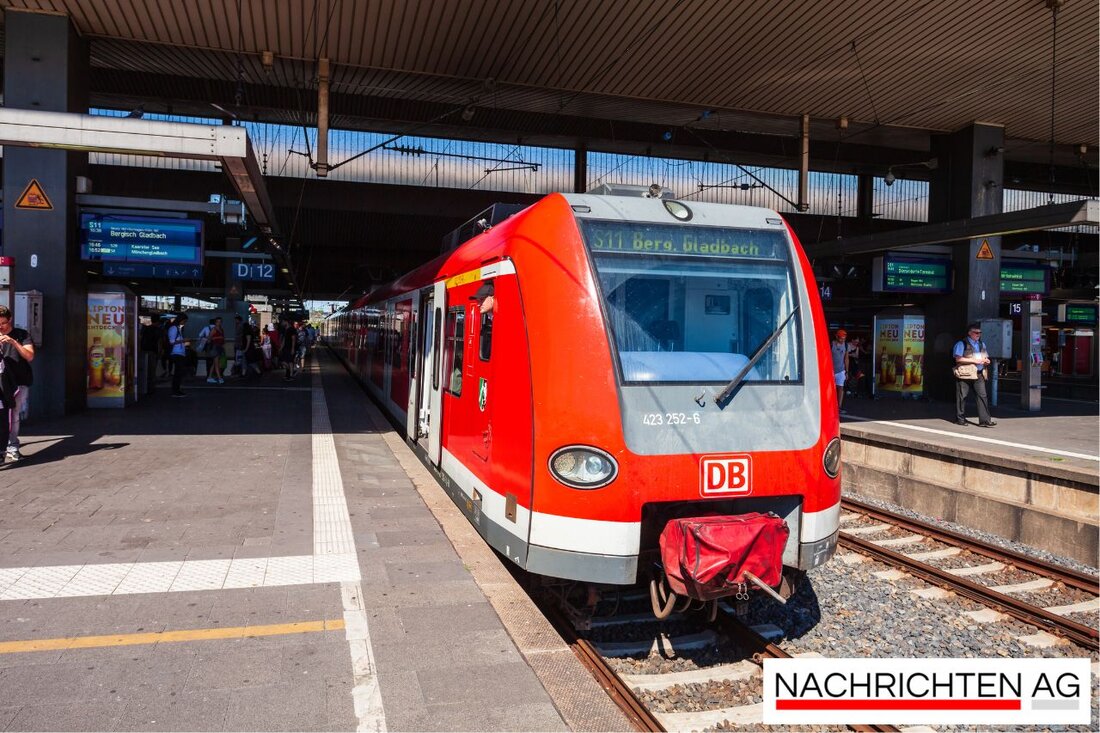Vacation on Rügen: Why tourists often ignore the buses
Holidaymakers on Rügen often use few buses despite having tickets. Article highlights how to get there, transport connections and challenges.

Vacation on Rügen: Why tourists often ignore the buses
The holiday season on the Baltic Sea coast is in full swing, and a particularly popular destination is the picturesque island of Rügen. But despite the beautiful beaches and numerous sights, it turns out that many holidaymakers make little use of the available bus connections. The reason? Dealing with bus timetables is often anything but easy. As the Baltic Sea newspaper Reportedly, many tourists have difficulty finding their way around the island's bus network, even though the Vorpommern-Rügen (VVR) transport company is increasingly relying on bus connections during the summer months.
The twin sisters Monika Giese and Gabriele Birkholz (74) from Berlin approached it completely differently. They traveled to Binz by train and are now exploring the city on foot because they don't own a car and local transport wasn't an option for them. Another traveler, Andreas Sedelmeier (39) from Bavaria, looks at the topic of mobility differently: He drives with his family in his own car because the children are still small. This shows how differently the travel options on Rügen are evaluated and used.
Public transport and its challenges
Another resident, Klaus Gehrung (85), waits in vain for bus line 27. He complains about the confusing timetables and the lack of signage. In fact, many holidaymakers report that they don't know how to get around Rügen by bus. Interestingly, Google Maps does not show bus connections, while the Deutsche Bahn app provides information. The VVR, on the other hand, states that the number of passengers increases from June to September, but exact user evaluations are missing.
Kersten and Michael Rüdiger (68) from the Ore Mountains offer another example of the creative mobility of travelers. They have brought e-bikes with them, which they transport in the car, and are exploring the island on two wheels. Claudia (58) and Harald Bode (64) from Lower Saxony also used bicycles for their day trip to Binz, showing that cars are not the only option.
Getting to the island
You can travel to Rügen either by train or by car. The German railway has attractive ticket offers such as the MV Ticket and the Stadt-Land-Meer-Ticket Plus. The journey from Berlin to Stralsund takes around three hours and from Hamburg to the Baltic Sea resort of Binz it takes around four hours. International travelers, such as those from Switzerland, also take advantage of the opportunity to travel to Binz overnight.
There are special connections for Baltic Sea holidaymakers from Saxony this summer that ensure a pleasant journey. Every weekend, an additional intercity train from Dresden to Binz ensures that the start of your dream vacation goes smoothly.
The role of communities
The communities on Rügen have set themselves the goal of reducing car traffic and getting tourists to use the bus. The spa taxes that many holidaymakers pay are often an additional incentive as they enable free travel to neighboring towns. In Binz, certain bus lines and the local bus can be used free of charge for spa card holders.
It therefore remains to be seen whether the acceptance of bus transport among holidaymakers will also increase as the number of passengers increases. It remains to be hoped that better signage and dissemination of information will make mobility on the island of Rügen easier and that more guests will discover the advantages of public transport.
Further information about bus connections on Rügen can be found on the website VVR where the lines and timetables are listed.

 Suche
Suche
 Mein Konto
Mein Konto